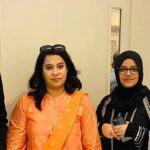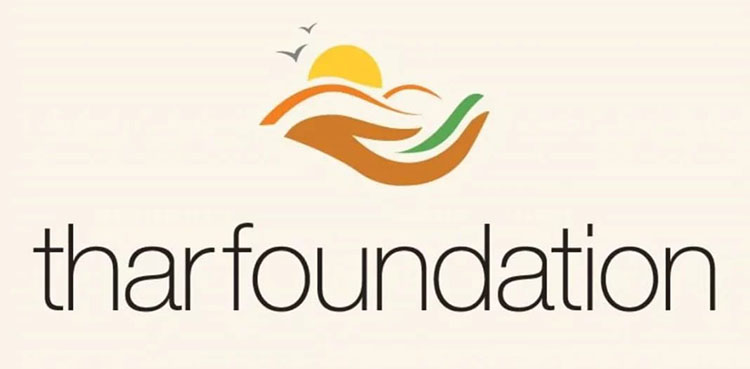Islamabad, February 20, 2024 : The Pakistan Agricultural Research Council (PARC) in collaboration with the Global Alliance for Improved Nutrition (GAIN) is hosting the Pakistan Food System Dashboard (FSD) initiative. With a shared commitment to evidence generation, PARC and GAIN are spearheading efforts to support the formulation of food-related policies in Pakistan.
The cornerstone of this collaboration is the scaling up of data collection on diet quality through the utilization of Diet Quality Questionnaires (DQQ), developed by the esteemed Global Diet Quality Project (GDQP), a collaborative effort between GAIN, Gallup, and Harvard University. This questionnaire serves as an invaluable tool for assessing and monitoring dietary habits within populations.
The GDQP, operating on a global scale, aims to gather comprehensive dietary quality data from adult population worldwide. To date, it has successfully released country adapted DQQs for over 104 countries, facilitating data collection initiatives in diverse geographical settings.
In alignment with these objectives, PARC, in partnership with GAIN, is hosting orientation workshop on the Pakistan Food System Dashboard, Diet Quality Questionnaires, and the Cost of Healthy Diet. This workshop aims to engage national and provincial stakeholders, recognizing their pivotal role in fortifying food systems and enhancing diet quality through the adoption and implementation of DQQs.
Mr. Faiz Rasool-Head of Policy & Advocacy highlighted the issue of improved access and affordability of safe and nutritious diets and emphasized the stakeholder engagement and the public sector leadership to influence the policy formulation process towards diet and diet quality.
Dr. Ghulam Sadiq Afridi, Member Social Sciences Division at PARC, expressed enthusiasm about the collaboration, stating, “this partnership underscores our collective commitment to advancing sustainable food systems and improving nutrition outcomes in Pakistan. By harnessing the insights provided by the Diet Quality Questionnaire, we aim to empower stakeholders with actionable data to drive evidence-based policy formulation and interventions.”
Secretary Ministry of Food Security Captain (R) Muhammad Asif commended the collaborative efforts between the Pakistan Agricultural Research Council (PARC) and the Global Alliance for Improved Nutrition (GAIN) in advancing the Pakistan Food System Dashboard initiative.
He further added that “the endeavour to enhance food system sustainability and improve diet quality aligns closely with our ministry’s goals of promoting food security and nutrition across the nation.
The utilization of Diet Quality Questionnaire (DQQ), developed by the Global Diet Quality Project (GDQP), marks a significant step forward in our quest to gather comprehensive data on dietary habits and trends within our population. Such evidence-based tools are invaluable in guiding policy formulation and interventions aimed at addressing nutrition challenges.
I welcome the forthcoming orientation workshop on the FSD, DQQ, and the Cost of Healthy Diet, which will bring together national and provincial stakeholders to discuss strategies for strengthening food systems and promoting healthier diets. It is imperative that we harness the insights provided by these initiatives to inform our policy decisions and drive tangible improvements in public health outcomes.
I look forward to continued collaboration with PARC, GAIN, and other stakeholders in our collective effort to ensure access to nutritious food for all citizens of Pakistan. Together, we can achieve our shared vision of a healthier, more resilient food system.”
The orientation workshop will provide participants with a comprehensive understanding of the FSD framework, the significance of DQQ in assessing diet quality, and insights into the economic implications of promoting healthy diets.










